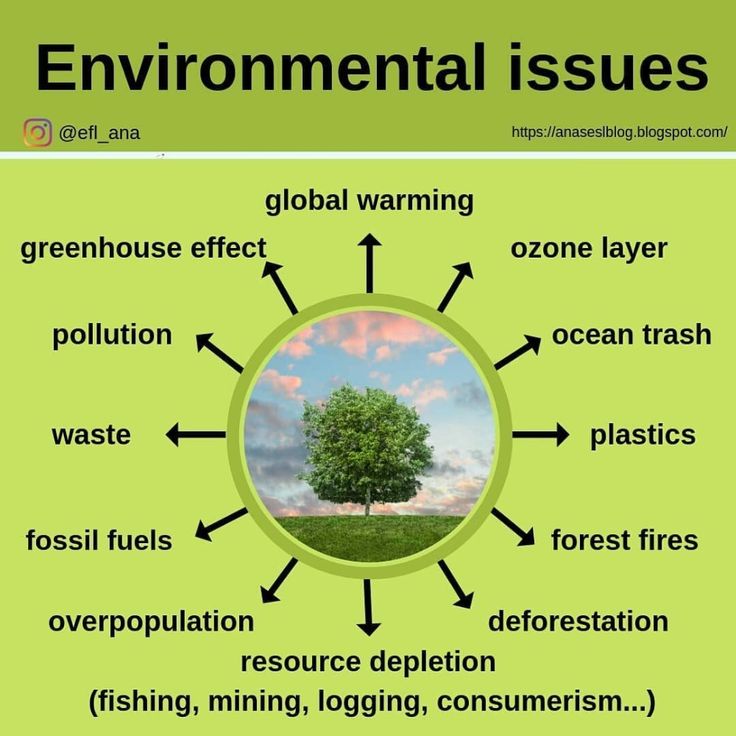Managing odd at home
How to Discipline a Child with Oppositional Defiant Disorder: ODD Help
1 of 12
Oppositional Defiant Disorder (ODD) in Children
Every parent of a child with attention deficit hyperactivity disorder (ADHD or ADD) knows what it’s like to troubleshoot behavior problems — your child saying no to requests or blurting out disrespectful retorts.
Children with ADHD and oppositional defiant disorder (ODD) take defiant behavior to the extreme. They have a pattern of angry, violent, and disruptive behaviors toward parents, caretakers, and other authority figures. These children require smart, specific oppositional defiant disorder strategies — and more than their fair share of patience.
“Choose your battles carefully , and find humor in every situation.” -Robin, Colorado
2 of 12
ODD and ADHD: Stats and Facts
Forty percent of children with ADHD also develop ODD. Before puberty, ODD is more common in boys; after puberty, it is equally common in both genders. About half of all preschoolers diagnosed with ODD outgrow the problem by age eight. Older kids with ODD are less likely to outgrow it. Oppositional defiant disorder may persist into adulthood.
"It is imperative to believe in yourself and to see your child as an asset to the world.” -Ruth Ann, Ohio
Parent Discipline to Deal with a child with ADHD and ODD3 of 12
ODD and ADHD: The Links
A child’s oppositional behaviors aren’t intentional. Experts think that ODD is linked to intense impulsivity. Not being able to control impulses, combined with the stress and frustration of trying to get on top of ADHD symptoms every day, lead some children to lash out, physically and verbally.
[Symptom Test: Oppositional Defiant Disorder in Children]
A child with ODD and ADHD will need specialized attention and a smart strategy to parent.
4 of 12
How to Diagnose a Child with Oppositional Defiant Disorder
Every child will act out and test his boundaries. It may be hard to know whether a child is normally defiant or has ODD. Consult a therapist trained in childhood behavioral problems. He should also screen for anxiety and mood disorders — each of which may cause oppositional behavior. Left untreated, ODD can evolve into conduct disorder, a more serious behavioral problem.
“Disengage when he is out of control, wait for the 'crazy' to stop, and re-approach.” -Cheryl, New Jersey
A sad child lies on the gravel of a school playground.5 of 12
How to Treat a Child with Oppositional Defiant Disorder
Treatment strategies for co-existing ODD and ADHD start with controlling ADHD symptoms. When a child’s hyperactivity, impulsiveness, and inattention are reduced, there is usually an improvement in ODD symptoms. Stimulant medications have been shown to decrease ADHD symptoms, as well as those of ODD, by up to 50 percent.
Stimulant medications have been shown to decrease ADHD symptoms, as well as those of ODD, by up to 50 percent.
6 of 12
How to Discipline a Child with Oppositional Defiant Disorder
If a child with ODD doesn’t respond well to stimulants, some doctors prescribe the non-stimulant atomoxetine (brand name: Strattera). In one study, researchers found that the medication significantly reduced ODD and ADHD symptoms. However, higher doses of the medication were needed to control symptoms.
[Free Download: Why Is My Child So Defiant?]
Adult man screams at a child. Father is angry at his son. Silhouettes of parent and child. Education, punishment, suppression, abuse, growing up.7 of 12
Change a Child’s Behavior — by Changing Yours
The treatment of choice for ODD is parent management training. Parents are taught to change their reactions to a child’s behavior — good and bad. Training involves using carrots and sticks — giving well-defined rewards and praise when your child cooperates, and consequences for misbehavior. Therapists will also work with a parent and child together to solve specific challenges.
Therapists will also work with a parent and child together to solve specific challenges.
“I am strong-willed as well, so it has been a battle of the wills. But instead of trying to change my daughter, I changed myself. It wasn’t easy, but when she became defiant, I said to myself, “I will not buy a ticket to this show.” I ignored her, no matter how she tried to pull me in. She stopped almost immediately.” -Ramona, Florida
Get Everyone on the Same Page: Parent Discipline When Dealing with a Child with ODD and ADHD8 of 12
ODD Discipline in Three Steps
ODD experts find the following strategy effective for parents: Ask your child with ODD calmly to do something. If he doesn’t respond to you in two minutes, gently tell him, “I’m asking you a second time. Do you know what I’m asking you to do — and the consequences if you don’t? Please make a smart decision.”
If you have to ask a third time, he suffers the pre-arranged consequence — no TV or video games for an hour.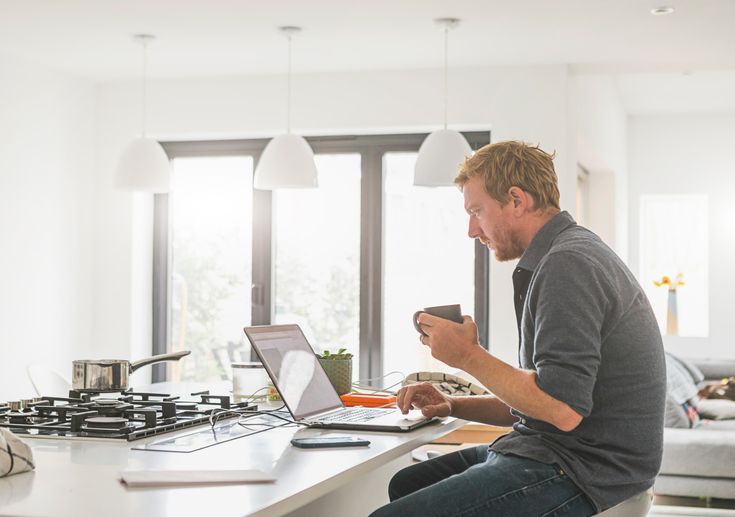 Whatever it is, the consequence should fit the misbehavior for it to matter to your child.
Whatever it is, the consequence should fit the misbehavior for it to matter to your child.
“Including my teenage son in the conversation and allowing him to help formulate a plan gives him ownership of his behavior.” -Stephanie, New York
mother and boy with ADHD talking about his behavior, using the one-minute “think through” tool9 of 12
Get Everyone on the Same Page
For behavior therapy to work, all of the caring adults in the child's life should use the same discipline strategies that you do. Grandparents, teachers, nannies, and other adults who spend time alone with your child with oppositional defiant disorder must understand which carrots and sticks you use and, above all, use them consistently. If one of them gives into your child’s bad behavior, it can undermine your discipline program.
“Both parents need to support each other and be on the same page.” -An ADDitude Reader
Mindfulness also helps when dealing with angry outbursts.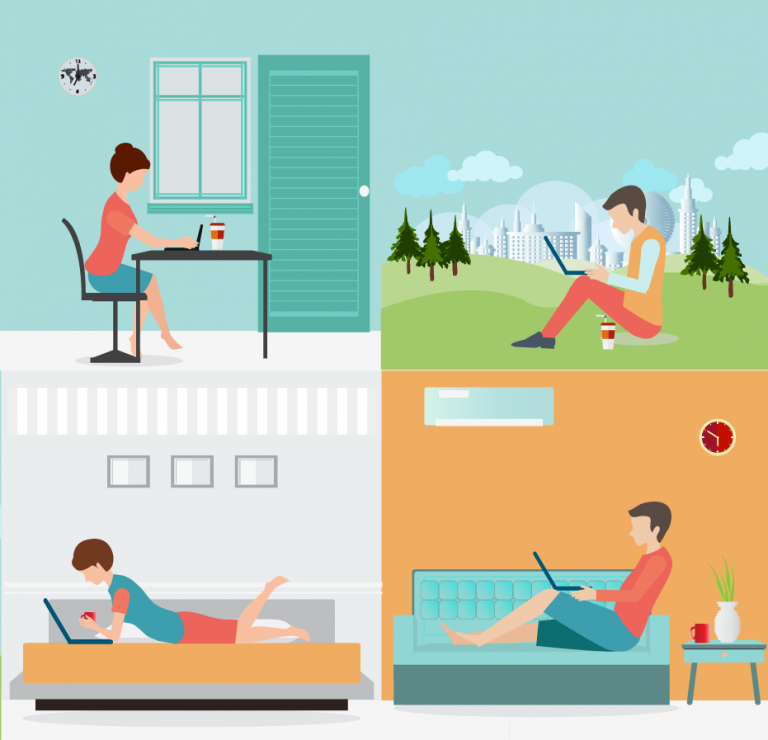 Children with ADHD or ODD can be rude, defiant, and sometimes downright obnoxious. How do parents keep their cool? Mindfulness teaches you that the only person you can control in any confrontation is yourself. If you regroup and focus on your breathing before you react, you’ll find yourself […]
Children with ADHD or ODD can be rude, defiant, and sometimes downright obnoxious. How do parents keep their cool? Mindfulness teaches you that the only person you can control in any confrontation is yourself. If you regroup and focus on your breathing before you react, you’ll find yourself […]10 of 12
Do Not Take ODD Personally
It is difficult for a parent to remain calm when a child with ODD is verbally abusing her, but don’t overreact. Yelling or spanking may worsen a child’s oppositional behaviors. Stay calm and emotionally neutral amid your child’s defiance.
Oppositional kids have radar for adult hostility. If they pick up your anger, they’re going to match it. Figure out your coping strategy ahead of time so that you can remain calm when triggered by your child's behaviors.
Parents with Children Playing Game at Home. Flat Cartoon Mother, Father and Two Daughter Different Ages Spending Time Together in Living Room. Happy Parenthood and Childhood.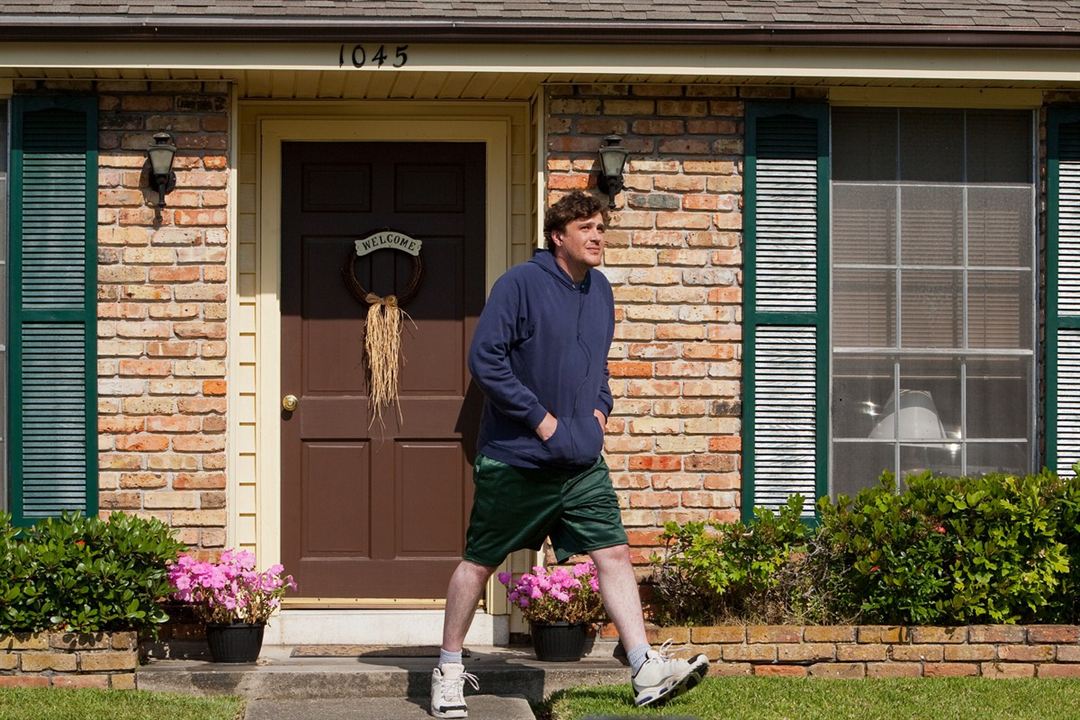 Vector Illustration
Vector Illustration11 of 12
Practice Positive Parenting
Helping parents learn to praise good behavior is one of the toughest challenges therapists face. Many parents are so focused on bad behavior that they stop reinforcing positive ones. A few tips for dealing with ODD in children:
- Specify the praiseworthy behavior
- Be enthusiastic while not overdoing it
- Finish up with a non-verbal gesture — a kiss on the cheek or a hug
12 of 12
Be Creative and Be Consistent
The more creatively you tailor your program of rewards and punishments to your child’s specific abilities and needs, the better. Her needs change as she grows. Creativity is important, but consistency is vital to success. Consistency in the way you treat your child — setting rules, conveying expectations — is the key to parenting a child with ODD.
[Read This Now: Facts About Oppositional Defiant Disorder and ADHD]
How to Parent a Defiant Child
Every parent of a defiant child with attention deficit hyperactivity disorder (ADHD or ADD) knows what it’s like to deal with severe ADHD behavior problems — sometimes even the most well-behaved child lashes out, or refuses to comply with even the most benign request. But almost half of all parents who have kids with ADHD live with severe behavior problems and discipline challenges on an almost daily basis. For them, parenting a defiant child is a daily strain.
Severe ADHD Behavior and Oppositional Defiant Disorder Symptoms
40 percent of children with ADHD also develop oppositional defiant disorder (ODD), a condition marked by chronic aggression, frequent outbursts, and a tendency to argue, ignore requests, and engage in intentionally annoying behavior.1
How bad can it get? Consider these real-life children diagnosed with both ADHD and ODD:
- A 4-year-old who gleefully annoys her parents by blasting the TV at top volume as soon as she wakes up.

- A 7-year-old who shouts “No” to every request and who showers his parents with verbal abuse.
- An 11-year-old who punches a hole in the wall and then physically assaults his mother.
“These children are most comfortable when they’re in the middle of a conflict,” says Douglas Riley, Ph.D., author of The Defiant Child: A Parent’s Guide to Oppositional Defiant Disorder (#CommissionsEarned) and a child psychologist in Newport News, Virginia. “As soon as you begin arguing with them, you’re on their turf. They keep throwing out the bait, and their parents keep taking it — until finally the parents end up with the kid in family therapy, wondering where they’ve gone wrong.”
[Take This Self-Test: Could Your Child Have ODD?]
The strain of dealing with an oppositional child affects the entire family. The toll on the marital relationship can be especially severe. In part, this is because friends and relatives tend to blame the behavior on ‘bad parenting. ’ Inconsistent discipline may play a role in the development of ODD, but is rarely the sole cause. The unfortunate reality is that discipline strategies that work with neurotypical children simply don’t work with kids with ODD.
’ Inconsistent discipline may play a role in the development of ODD, but is rarely the sole cause. The unfortunate reality is that discipline strategies that work with neurotypical children simply don’t work with kids with ODD.
Fortunately, psychologists have developed effective behavior therapy for reining in even the most defiant child. It’s not always easy, but it can be done — typically with the help of specialized psychotherapy.
What Is the Link Between ADHD and ODD?
No one knows why so many kids with ADHD exhibit oppositional behavior. In many cases, however, oppositional behavior seems to be a manifestation of ADHD-related impulsivity.
[Download This Free Guide To Coping Mechanisms]
“Many kids with ADHD who are diagnosed with ODD are really showing oppositional characteristics by default,” says Houston-based child psychologist Carol Brady, Ph.D. “They misbehave not because they’re intentionally oppositional, but because they can’t control their impulses. ”
”
Another view is that oppositional behavior is simply a way for kids to cope with the frustration and emotional pain associated with having ADHD.
“When under stress — whether it’s because they have ADHD or their parents are getting divorced — a certain percentage of kids externalize their anxiety,” says Larry Silver, M.D., a psychiatrist at Georgetown University Medical School in Washington, D.C. “Everything becomes everyone else’s fault, and the child doesn’t take responsibility for anything that goes wrong.”
Riley agrees. “Children with ADHD know from a young age that they’re different from other kids,” he says. “They see themselves as getting in more trouble, and in some cases may have more difficulty mastering academic work — often despite an above-average intellect. So instead of feeling stupid, their defense is to feel cool. They hone their oppositional attitude.”
About half of all preschoolers diagnosed with ODD outgrow the problem by age 8. Older kids with ODD are less likely to outgrow it. And left untreated, oppositional behavior can evolve into conduct disorder, an even more serious behavioral problem marked by physical violence, stealing, running away from home, fire-setting, and other highly destructive and often illegal behaviors.
And left untreated, oppositional behavior can evolve into conduct disorder, an even more serious behavioral problem marked by physical violence, stealing, running away from home, fire-setting, and other highly destructive and often illegal behaviors.
What Treatment Is Available to Manage My Defiant Child’s ODD & Severe ADHD Behavior?
Any child with ADHD who exhibits signs of oppositional behavior needs appropriate treatment that usually includes a combination of medication and family therapy. The first step is to make sure that the child’s ADHD is under control. “Since oppositional behavior is often related to stress,” says Silver, “you have to address the source of the stress — the ADHD symptoms — before turning to behavioral issues.”
Says Riley, “If a kid is so impulsive or distracted that he can’t focus on the therapies we use to treat oppositional behavior,” he says, “he isn’t going to get very far. And for many kids with ADHD and oppositional behavior, the stimulant medications are a kind of miracle. A lot of the bad behavior simply drops off.”
A lot of the bad behavior simply drops off.”
But ADHD medication is seldom all that’s needed to control oppositional behavior. If a child exhibits only mild or infrequent oppositional behavior, do-it-yourself behavior-modification techniques may well do the trick. But if the oppositional behavior is severe enough to disrupt life at home or school, it’s best to consult a family therapist trained in childhood behavioral problems.
The therapist should screen your child for anxiety and mood disorders. Each can cause oppositional behavior, and each calls for its own form of treatment. The therapist may also recommend cognitive therapy for the child, to help him cope effectively with difficult situations.
How Parent Training Can Help Kids with ODD Improve Their Behavior
In most cases, however, the treatment of choice for ODD is parent management training, in which the family therapist teaches the parents to change the ways they react to their child’s behavior — both good and bad. Between weekly sessions, the parents practice what they’ve learned, and report to the therapist on their progress.
Between weekly sessions, the parents practice what they’ve learned, and report to the therapist on their progress.
“Basically, parent training is about carrots and sticks,” says Brady. “On the carrot end, you work on giving your child praise and rewards for cooperating. On the stick end, you lay out clear consequences for misbehavior, usually involving a time-out or the removal of a reward.”
Parent management training is often highly effective, with the child’s behavior improving dramatically in four out of five cases. Parents who undergo the training typically report greater marital satisfaction, as well as improved behavior from their other children.
While some parents balk at the notion that they are the ones in need of training, “they have to learn how to stop getting into the arena with the child and descending to the level of squabbling,” says Silver. Parents often feed the problem by delivering overly harsh or inconsistent discipline. Instead, parents must reassert their authority by setting up well-defined rewards and punishments, and then implementing them consistently and dispassionately.
“My most important rule is that parents should not take ODD behavior personally,” says Riley. “Remain calm and friendly whenever you intervene. Oppositional kids have radar for adult hostility. If they pick up your anger, they’re going to match it.”
Riley recommends a “two free requests” approach: “The first time you ask your child to do something, give him two minutes to respond. If he doesn’t obey, calmly tell him, ‘I’m now asking you a second time to pick up your coat. Do you understand what I’m asking you to do, and what the consequences are if you don’t? Please make a smart decision.’ If you have to ask a third time, the prearranged consequence kicks in — the TV goes off for an hour, or the video game is taken away.”
How Can Parents Focus On Good Behaviors?
Rewarding good behavior or punishing bad behavior isn’t a revolutionary concept, but with oppositional kids, it’s easier said than done. Parents must rein in their impulse to yell or spank. At the same time, they must learn how to substitute “non-aversive punishments” such as time-outs or the loss of privileges.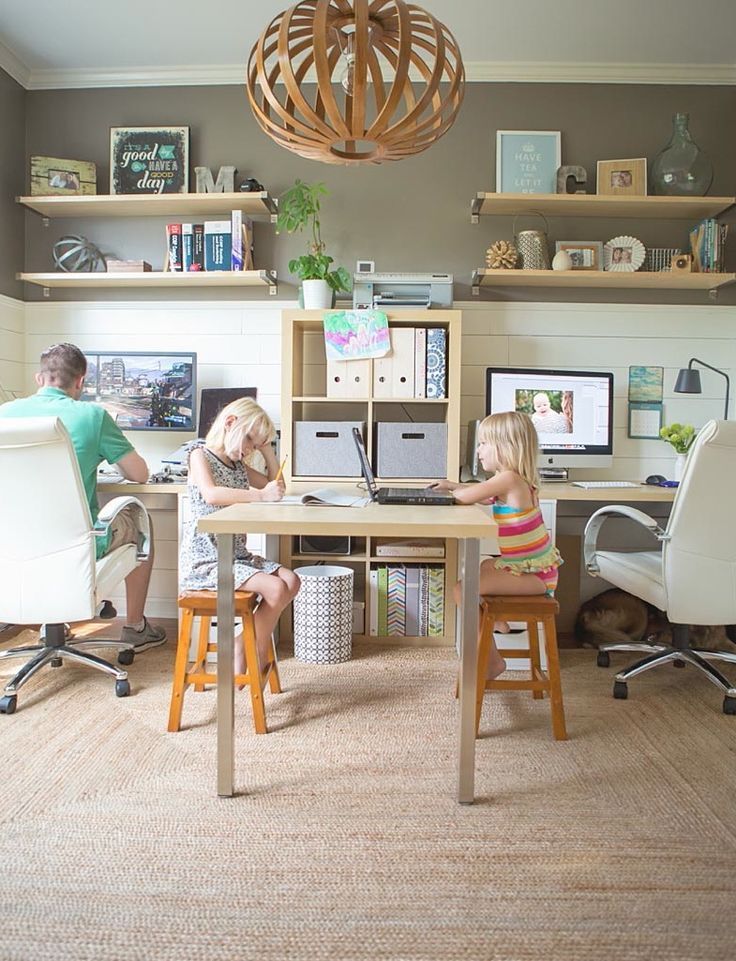
Many parents of oppositional children are so focused on bad behaviors that they’ve stopped reinforcing positive ones. Yet positive reinforcement is the heart and soul of parent management training.
“Invariably, parents come to treatment with the idea of suppressing, eliminating, or reducing problem behavior,” writes Alan Kazdin, Ph.D., in Parent Management Training (#CommissionsEarned), a manual for therapists. But according to Kazdin, director of Yale University’s Child Study Center in New Haven, Connecticut, parent training emphasizes the concept of “positive opposites” instead. “For example,” says Kazdin, “parents are asked what to do if they want their child to stop screaming, slamming the door, or throwing breakable objects. The answers involve reinforcing talking quietly, closing the door gently, and handling objects with care and not throwing them.”
Kazdin maintains that helping parents learn to praise good behavior is one of the toughest challenges therapists face.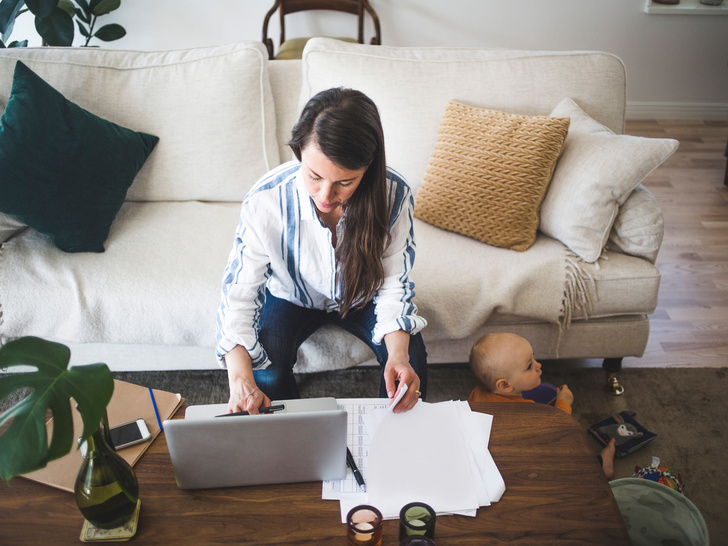 He says parents are often “hesitant to praise a behavior or to use reinforcers in general because they feel the behavior ought not require any intervention. ‘My child knows how to clean up his room, he just refuses to do it,’ is a typical parental comment.”
He says parents are often “hesitant to praise a behavior or to use reinforcers in general because they feel the behavior ought not require any intervention. ‘My child knows how to clean up his room, he just refuses to do it,’ is a typical parental comment.”
How Parents Can Offer More Effective Praise for a Defiant Child
When parents do offer praise, they should be enthusiastic. “An unenthusiastic statement of ‘Good’ is not likely to change child behavior,” says Kazdin. Praise should specify the praiseworthy behavior and, ideally, include some non-verbal gesture. For example, you might say, “It was wonderful the way you played so quietly while I was on the phone!” and then give your child a kiss.
Appropriate rewards and punishments vary from child to child. The more creatively you tailor your program to your child’s specific abilities and needs, the better. But as Russell Barkley, Ph.D., professor of psychiatry at the Medical University of South Carolina in Charleston, writes in Your Defiant Child (#CommissionsEarned), “Creativity is always an asset to child-rearing, but it can’t hold a candle to consistency. Consistency in the way you treat your child — the way you set rules, convey expectations, pay attention, encourage good behavior, and impose consequences for bad behavior — is the key to cleaning up your child’s act.”
Consistency in the way you treat your child — the way you set rules, convey expectations, pay attention, encourage good behavior, and impose consequences for bad behavior — is the key to cleaning up your child’s act.”
Never lose sight of the fact that oppositional kids usually have a great deal to offer, once their behavior is under control. “Oppositional kids are also often quite engaging and bright,” says Riley. “They tend to be optimistic and very much their own person, with their own way of looking at the world. Once you work through their defiance, there’s a lot there to like.”
Parenting a Defiant Child: Next Steps
- Read: Facts About Oppositional Defiant Disorder and ADHD
- Download: Kid-Friendly Mindful Meditation Exercises
- Understand: How to Discipline a Child with Oppositional Defiant Disorder (ODD)
SUPPORT ADDITUDE
Thank you for reading ADDitude. To support our mission of providing ADHD education and support, please consider subscribing.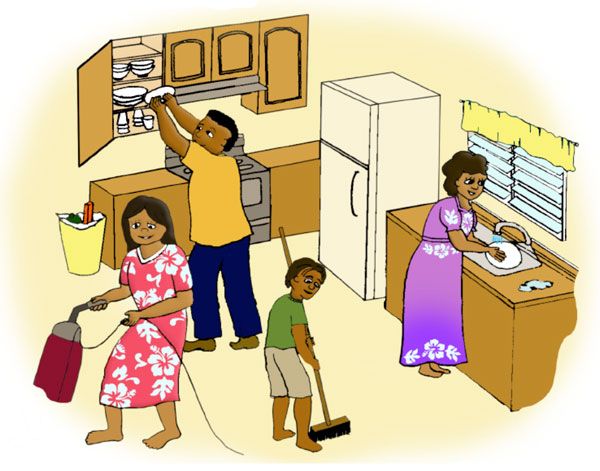 Your readership and support help make our content and outreach possible. Thank you.
Your readership and support help make our content and outreach possible. Thank you.
View Article Sources
1 Riley M, Ahmed S, Locke A. “Common Questions About Oppositional Defiant Disorder.” American Family Physician (Apr. 2016) https://www.ncbi.nlm.nih.gov/pubmed/27035043
#CommissionsEarned
As an Amazon Associate, ADDitude earns a commission from qualifying purchases made by ADDitude readers on the affiliate links we share. However, all products linked in the ADDitude Store have been independently selected by our editors and/or recommended by our readers. Prices are accurate and items in stock as of time of publication.
Previous Article Next Article
5 life hacks to help you cope with cleaning – Moscow 24, 04/18/2018
April 18, 2018, 00:00
Society
It just so happens that a lot of household chores fall on women's shoulders.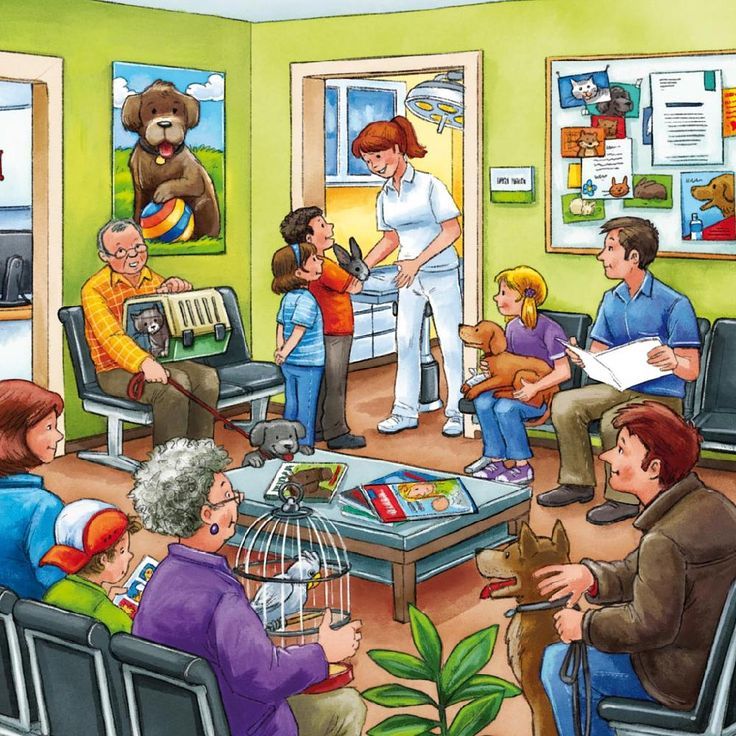 And if there are small children in the family, then frequent cleaning in the apartment becomes inevitable. And sometimes there is not enough strength or time. Anna Lebedeva is trying to find ways to avoid the "cleaning" routine.
And if there are small children in the family, then frequent cleaning in the apartment becomes inevitable. And sometimes there is not enough strength or time. Anna Lebedeva is trying to find ways to avoid the "cleaning" routine.
Photo: depositphotos/EdZbarzhyvetsky
Of course, in the modern world there are many options: for example, to hire a cleaner for money. But not everyone is ready to do it. Someone does not apply to cleaning agencies for reasons of economy, but someone fundamentally. A friend of mine believes that it is better to go to the sea once again than to hire a cleaner twice a week. And the other is afraid that a young Katyusha will come into the house and make eyes at her husband. The third is jealous of the walls of the house and every object that surrounds them, and does not want to tolerate an outsider in the house who smooths out the wrinkles on her husband's shirt.
But sometimes each of these women has a nervous breakdown. Especially when the child suddenly expresses: "Mom, why do you play so little with me?" Or a husband who comes home from work in the evening and sees a tired wife who does not have enough strength to put herself in order. After dinner, she barely crawls to bed, and sometimes falls asleep before he arrives, sticking a note on the refrigerator with a magnet: "I love, kiss, food is on the stove."
After dinner, she barely crawls to bed, and sometimes falls asleep before he arrives, sticking a note on the refrigerator with a magnet: "I love, kiss, food is on the stove."
If a woman works and devotes time to the child, and keeps the house clean, then it is doubly difficult. My mother came to me the other day, and when she saw a mountain of unironed linen, crumbs on the floor, taps in the bathroom not polished to a shine, she asked if everything was fine with me. Since childhood, she taught me to cleanliness. At the age of 10, I started ironing my own clothes, washing dishes and preparing breakfast. At 16, I was not allowed to go outside until I finished cleaning the house.
"You're a woman! Everything should be beautiful with you - manicure, make-up, floors, and taps," my mother said when she saw my mess.
Photo: depositphotos/ipag
Surprisingly, many women of the old school somehow coped with everything, and never complained about anything. They were spinning like energizers, did not lose heart, did not spread snot that there was no time, they did not rely on anyone and did everything themselves.
I do not feel sorry for the time to communicate with friends, to walk around the city, to read books, to watch a movie. What can not be said about the routine work around the house, which is becoming more and more every day. Collect toys, wash the floor, wash, iron. And there are so many interesting things around: beautiful parks, exhibitions, theater... If you do cleaning every day, then all this will pass by.
The other day I saw a post on Instagram of a mother of three children who asked for help with advice on how to learn to treat household chores easier. After studying the answers of users, I compiled a selection of life hacks that can be useful to many women.
Fall in love with housework
If every time you pick up a vacuum cleaner, you imagine yourself as a tired housewife, then nothing good will come of it. Clean your apartment with love. Let you spend an hour dismantling a desk, but imagine what the result will be when you finally do it. By the way, if you are afraid that an hour after cleaning the children will scatter everything again, go for a walk with them.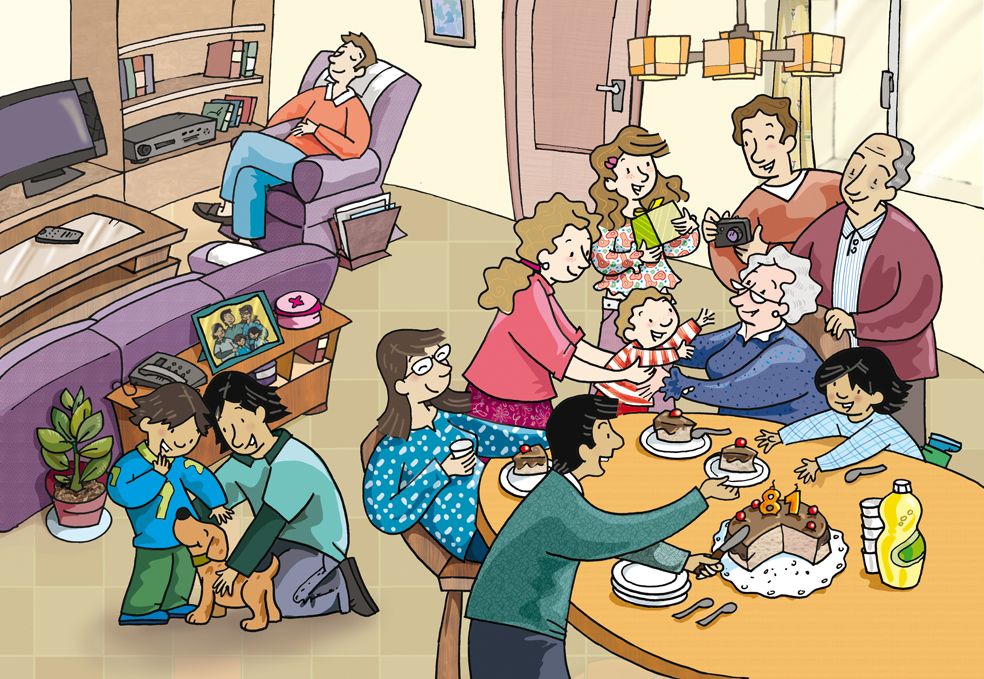 Playing in the fresh air, the child not only strengthens the immune system, but also spends a lot of energy.
Playing in the fresh air, the child not only strengthens the immune system, but also spends a lot of energy.
Learn how to relieve stress by cleaning. I noticed: if you are nervous for any reason, household chores help to switch.
Clean up once a week or make a plan
Photo: depositphotos/ AndreyPopov
Pay no attention to your mother-in-law or mother, who came to visit you in the middle of the week and gasped at the sight of a mess, or to your clean-up syndrome. Do the cleaning once a week. If you're obsessed with dirty floors and germs, then think about the playrooms you take your kids to so often. I don't think dry pool balls take a bath every day. But remember the smile on your face when you watch a child happily diving into them.
Do household chores a little at a time to avoid getting too tired. Today you clean the kitchen, tomorrow - the room, the day after tomorrow - the corridor. Some one space will be clean, and this is quite enough to feel like a real woman who manages to do everything - and walk, and take care of herself, and clean up.
Don't skimp on appliances that make cleaning easier
Sometimes all you need is a powerful vacuum cleaner or an electric brush. For a while, cleaning will turn into a pleasure, because you always want to play with new technology. Robot vacuum cleaner, window cleaner, dishwasher - all this is for the joy of any hostess. Of course, this pleasure is not cheap. But perhaps you will be able to save money for the purchase of at least some modern equipment, and you will immediately notice that you have more time and energy.
Hang clean linen neatly
I understand that it is always more pleasant to pick up an ironed item, preferably starched. Forgive me ironing fans who consider this procedure necessary for hygiene, but some things can be safely not ironed, especially if the machine washes for a long time. For a full wash cycle, the high temperature of the water allows you not to think about germs.
So if you don't have the energy to iron your laundry, you can hang your wet laundry neatly. This will allow you not to iron towels or clothes for the house. Of course, this will not work with shirts and trousers, but you will still free yourself from the part of ironing.
This will allow you not to iron towels or clothes for the house. Of course, this will not work with shirts and trousers, but you will still free yourself from the part of ironing.
Involve children in the cleaning process
Photo: depositphotos/ oksun70
Somewhere from the age of three, you can safely teach your child to clean up toys after themselves. But if you do it in an orderly tone, then nothing will come of it. For example, to ensure that my daughter neatly put dolls in boxes in the evening, a fairy tale about a clean gnome who came to the house at night and took away everything that lay on the floor helped. At first it didn’t work out, and the daughter didn’t believe that such a character existed. But when one morning she did not find the tower from the designer, which she built before going to bed, something changed in the mind of the little girl, and since then every evening she has not left a single toy for the dwarf.
You can also buy a baby mop and brush and offer to clean the table or clean the floor together.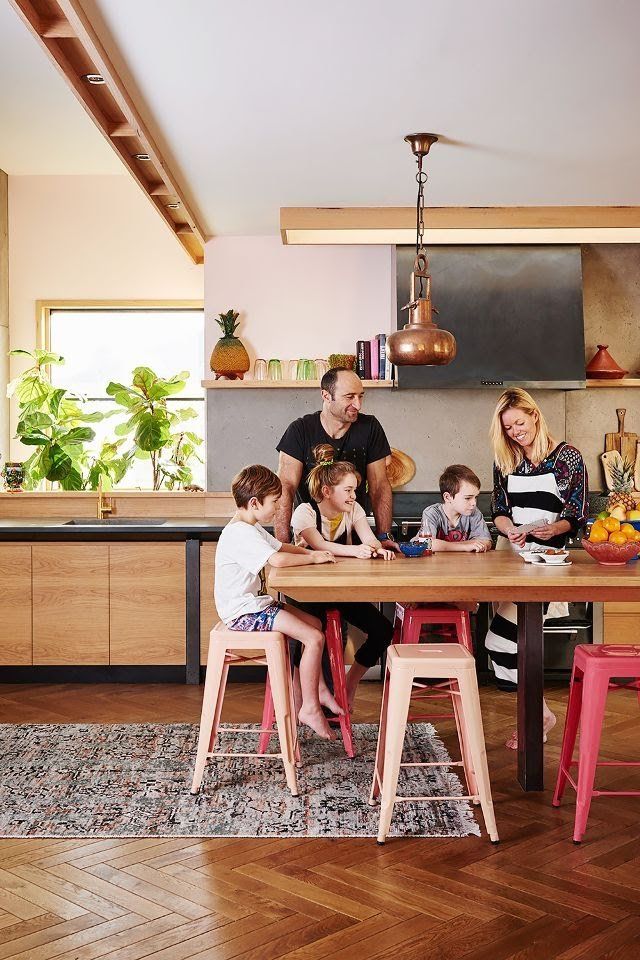 And if your daughter's favorite doll asks for it, the effect will be even better. Be sure to praise the child at the end of the cleaning so that the desire to help does not fade away.
And if your daughter's favorite doll asks for it, the effect will be even better. Be sure to praise the child at the end of the cleaning so that the desire to help does not fade away.
Anna Lebedeva
society children of history
“Anxiety is normal”: how to follow the news about Ukraine and not go crazy
The events of recent days in Ukraine can cause anxiety, regardless of political beliefs. Emotional messages in social networks heat up the situation, and those who have relatives and friends in Ukraine cannot but worry about the well-being of their loved ones. Gazeta.Ru turned to psychologists to find out how to deal with anxiety in the current situation.
Less news, more contact with loved ones
“At all times, and especially in turbulent times, there are people who undermine any acute situation to catastrophic proportions, and in our time there are also social networks that can be used as channels for spreading unreliable information. - notes clinical psychologist Evgenia Bereza. “Therefore, if you do not want to succumb to this general panic, the first thing to do is to unsubscribe from pseudo-information resources on social networks. Minimize the flow of negative information from the outside. Be in touch with your relatives and listen only to them and realistically assess what is happening to them.
- notes clinical psychologist Evgenia Bereza. “Therefore, if you do not want to succumb to this general panic, the first thing to do is to unsubscribe from pseudo-information resources on social networks. Minimize the flow of negative information from the outside. Be in touch with your relatives and listen only to them and realistically assess what is happening to them.
“Limit information,” psychologist Elena Neimark, a member of the Association of Solution-Oriented Psychotherapists and Practitioners, supports this recommendation. - I understand that it seems necessary for you to watch the feed and the news now, but does this add peace to you or disturb you more? Track your reactions to different news channels and try to limit the flow of information from those sources that unsettle you.
“It's important to remember that anxiety is normal,” adds personal growth specialist Keith Dennis. “Anxiety is the body’s defensive response to situations it perceives as confusing or unsafe. ”
”
However, anxiety and tension can become persistent and obsessive, interfering with daily activities. In such cases, you can turn to meditation and breathing techniques aimed at relaxation - now there are many applications and videos that can help restore calm.
In the case of derealization, when the world is perceived as unreal, it is worth using techniques aimed at returning the connection with reality.
“When there is a feeling that the connection with the present is lost, in order to ground yourself, in order to return yourself to a state of calmness, you can count the objects around you,” says the psychologist. - For example: now I see a brown table, three yellow chairs, they have twelve brown legs, from above I see a chandelier with five light bulbs... And so on. This allows you to return yourself to the present in the moment.”
Even if the relatives are safe, it can be difficult to concentrate on daily activities in the constant stream of news.
“We were already in a similar situation two years ago when the pandemic started,” recalls Neimark. “And you know what helped you last the last time. You have certain skills, you can rely on them. Remember how you felt when it started, is there a difference with the current state, do you have more resilience when you realize that you have gone through similar trials of anxiety and uncertainty. What helped you deal with your anxiety last time? Which of these methods can be applied now?
“And you know what helped you last the last time. You have certain skills, you can rely on them. Remember how you felt when it started, is there a difference with the current state, do you have more resilience when you realize that you have gone through similar trials of anxiety and uncertainty. What helped you deal with your anxiety last time? Which of these methods can be applied now?
In addition to limiting information, the support of like-minded people and friends is important - those who can understand and accept experiences.
“Communicate with loved ones, try to hug and touch each other as much as possible,” Neimark advises. “Tactile communication provides much more than verbal communication.”
In a situation where there is no way to influence something globally, it is important to focus on the tasks that you can control - work, domestic issues, communication with loved ones, the specialist recommends. Physical activity, light sedatives will help to cope with emotions. In order not to immerse yourself in experiences with your head, it is important to distract yourself - with music, series, walks - with everything that gives freedom from thoughts.
As soon as there is a large amount of free time that is spent watching the tape, experiencing, internal reflection with oneself - this actually exacerbates the tension.
“Look for an alarming pattern. What behavior of yours amplifies the feeling of nervous tension? Very often we drive ourselves in a vicious circle, feeding our anxiety and negative experiences. Observe after what your actions and thoughts anxiety increases and try to replace or reduce them, Dennis recommends. - It’s good to change focus and do ordinary things: read a book to a child, cook a delicious dinner, work, clean a closet, wash something, and so on. Keeping busy helps reduce anxiety."
“Different psychotypes have different protection systems, so you need to assess your individual condition and understand what is best for you in this situation. It’s easier for someone to immerse themselves in business and thus distract themselves from sad thoughts and fears, while someone should take a mini-vacation and relax in nature, read books, change the environment, take care of themselves and replenish their strength, ”adds Bereza .
It’s easier for someone to immerse themselves in business and thus distract themselves from sad thoughts and fears, while someone should take a mini-vacation and relax in nature, read books, change the environment, take care of themselves and replenish their strength, ”adds Bereza .
If you want to calm children down, calm down yourself
Adult experiences are noticeable to children and can affect their well-being. And if the child himself is familiar with the news agenda, then he may be seriously scared. In such situations, it is important not to ignore the child's emotions and look for ways to calm him down and support him.
“Children read their parents' emotions and experiences,” says Dennis. If the parents are excited and anxious, the children will copy it. Children should be told what is happening.
Gently, calmly, without unnecessary details - "yes, it happens." And express to them the maximum amount of support: “I will be with you if you are scared”, “I will protect you”, “I am ready to answer you if you have questions”.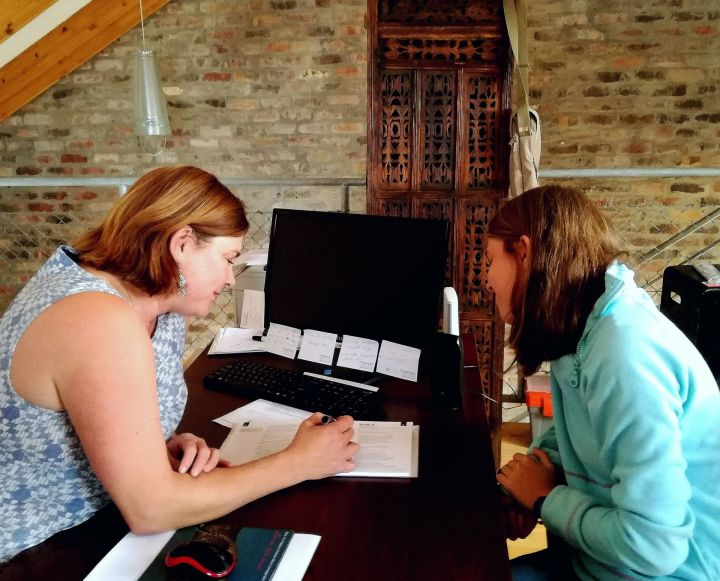
If, however, it is not possible to calm the child and the experiences prevent him from living a normal life, it is better to contact a specialist who works with PTSD or anxiety. Adults should not neglect such help either.
“Children in any situation they do not understand always look at the reaction of their parents and learn from them, like foxes learn to hunt from their mother foxes,” confirms Bereza. - If you want to calm your children, calm down yourself first of all. Explain in simple words and preferably without vivid emotions the essence of what is happening, which seems right to you (these are your children, and they can learn your point of view), but try not to give a negative connotation to people or events, not to bring national hatred into children's heads or any other idea of intolerance.
Try to be as neutral as possible about what is happening, and most importantly, make the children feel safe around you. Let them know that no matter what happens, you will always be there and will do your best to protect them.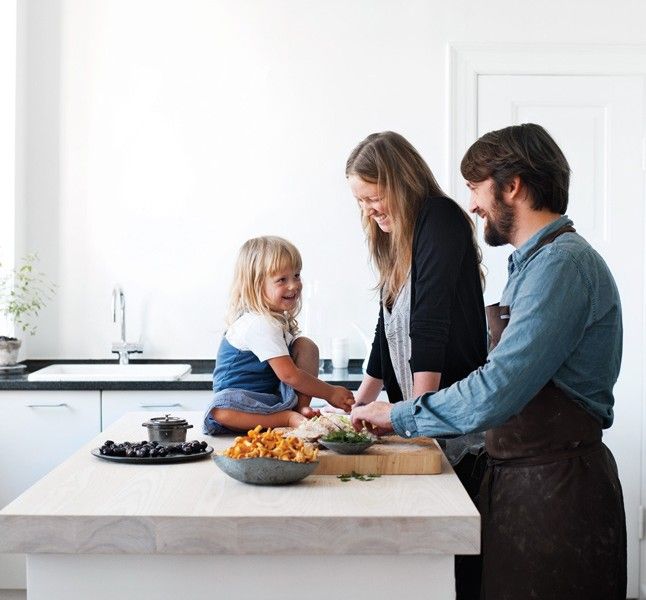 ”
”
For a schoolchild or teenager who is up to date with the news, it is worth outlining your position on the questions that he asks, Neimark adds. There is no need to try to cover the entire political agenda - it is worth answering only what the child asks about. It is also worth discussing with the child his own feelings - because of what exactly he is going through, what he is afraid of.
“Speak in a language that the child understands, that is, about a close circle of people, about what surrounds him,” Neimark advises. - Do not immerse them in your anxieties, but also do not try to hush up if you cannot cope with your condition, because the disturbing unknown is worse for a child. You can talk about your feelings: I'm worried, I'm tired, I read the news and don't understand what to expect, I'm at a loss. But try to give him hope for stability: I hope that everything will work out, you and I are together, friends are waiting for you at school / kindergarten tomorrow.
Do not argue with friends
But with other relatives and friends, it is better to try to avoid discussing current events - such discussions can lead to quarrels and only increase feelings.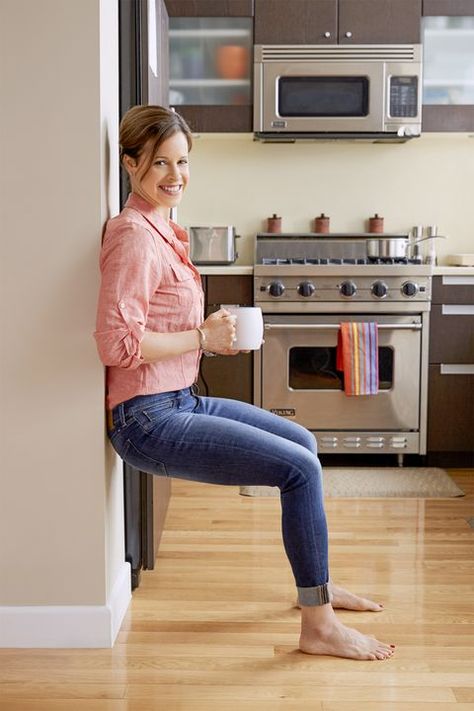
“In times of change, there is always an involuntary division of people into “camps” for and against,” Bereza says. - If people have a culture of communication and are ready to calmly listen to the opposite point of view, conversations can turn out to be interesting. If you find yourself on one side of the "barricades" - this can unite you. But there is a risk of quarreling with those closest to you who do not share your political views, so the best thing to do in such a situation is to veto heated conversations about politics if you cannot have a civilized dialogue with a cold heart.
“Like I said, at times like this it's better to stick around like-minded people, but what if your loved ones hold opposing views? Can you continue to communicate in this situation without arguing? If not, it’s probably better to refrain from communicating for the time being, if these people are important to you in life and you want to continue communicating with them later,” Neimark supports.






